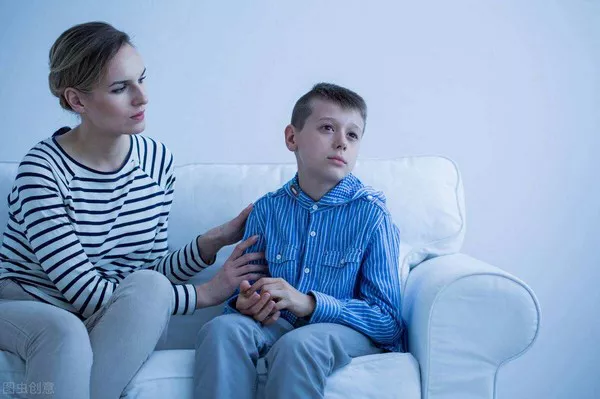Raleigh, North Carolina, witnessed the third annual Walk for Mental Health on Saturday, where students and residents came together to raise awareness and create a bridge to mental health support for young individuals.
This youth-led event plays a crucial role in connecting young people with the assistance they may need for their mental health challenges. Niko Wiguna, a member of the Wake County 4H Teen Council, expressed the potential impact of this event: “It might make a small impact on one person, but with so many people, I think that we can make a big change in the community.”
The charity walk was hosted by members of the teen council, with the proceeds benefiting the National Alliance on Mental Illness (NAMI). For Wiguna, this cause holds deep personal significance: “I had a close friend who, especially during quarantine, had some suicidal thoughts. Thankfully, I was there to be that support person for them. Through that experience, I really wanted to make other people be that support person for whoever in their friend group, their family, or anyone that they really love and care about.”
The sobering reality is that suicide ranks as the second leading cause of death among children aged 10 to 14 and the third leading cause of death among individuals aged 15 to 24. Initiatives like the Walk for Mental Health aim to combat the stigma surrounding mental health issues and connect people with essential resources.
Dan Bulatek, Wake County 4H Youth Coordinator, stressed the importance of getting individuals connected to the right resources and sparking conversations about mental health: “There’s still a stigma out there, so a big part of this event is to get people to connect to the right resources and just get them talking about it.”
By engaging in conversations, providing resources, and creating safe spaces, events like this walk take significant steps toward fostering a more supportive environment for mental health. Wiguna hopes that participants take away the message that many people care about the issues they may feel alone with: “I want them to come away with the fact that there are so many people around them that care about an issue that they might feel like they’re alone with.”
For those in need of immediate assistance with suicidal, substance use, or other mental health crises, a new three-digit code, 988, provides access to trained crisis counselors for free, 24/7.

























